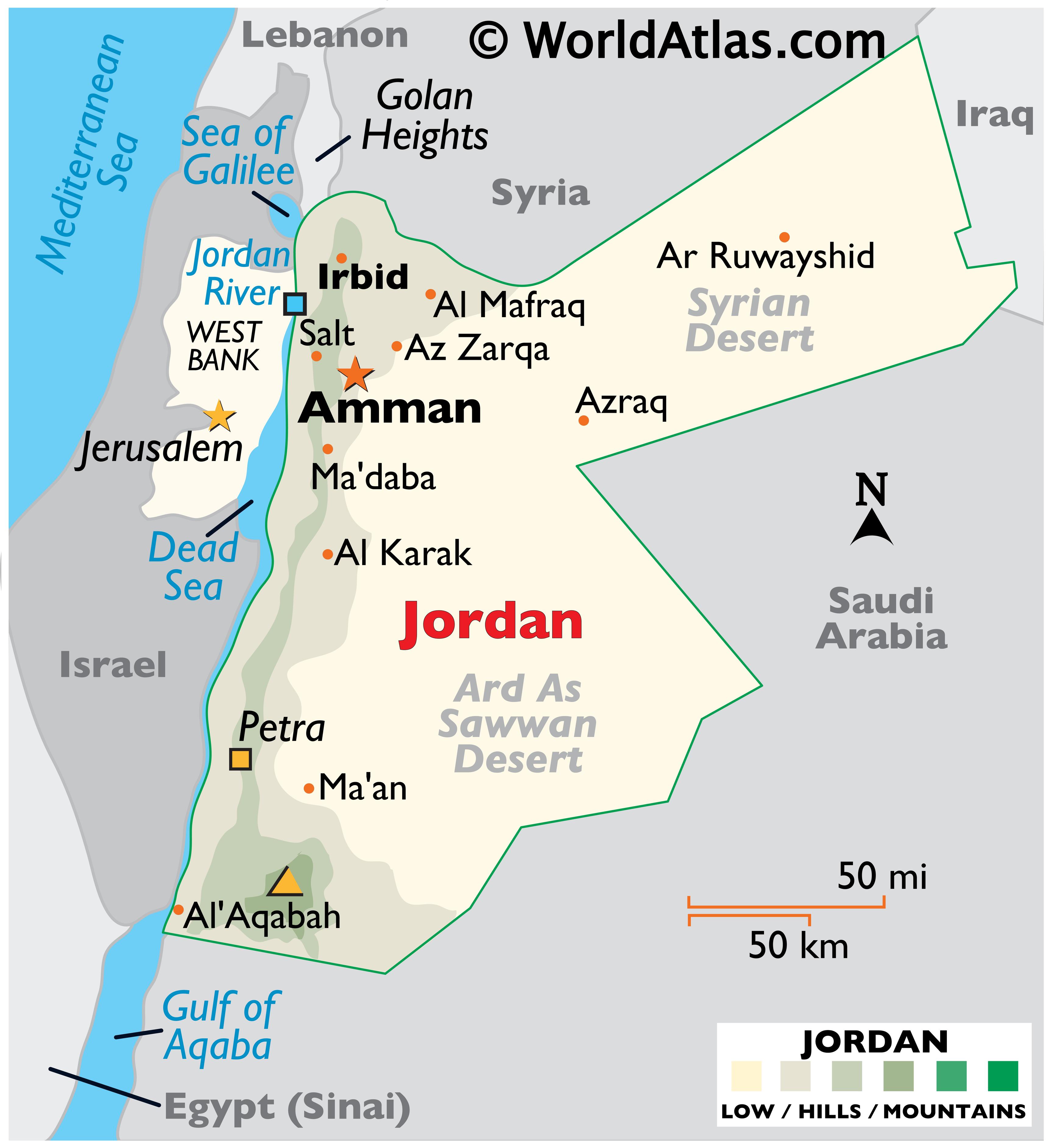On Tuesday of this week, Vladimir Putin officially signed a new referendum altering the Russian constitution. His signature affirmed the change first proposed by Putin last year after receiving an overwhelming supportive public vote. However, the election was seen to be flawed as it presented many irregularities including pressure on voters. The now in-order bill outlaws same sex marriage, adoption by transgender individuals, as well as setting a two term limit to the presidency. The bill clearly persecutes innocent civilians while hypocritically altering the constitution in his favor.
The discriminatory aspects are significantly alarming as they highlight major human rights violations while also exposing flaws within US media coverage. The ban on same sex marriage and adoption by transgender people clearly violate the rights of those Russian individuals and should not be overlooked by other aspects of this referendum. The campaign featured propaganda depicting same sex marriages in a very offensive light. This move was just one way Putin spreads his harmful agenda. Major US news sources actively covered the signing of this bill during the past week. However, many platforms only included information regarding the term limits and their impact on the future. This exemplifies many flawed aspects of media converge in regards to picking and choosing what information to share.
While the bill stated a two term limit to the presidency, it also includes a section which states that the two term limit is to start after Putin’s current term ends. Outlawing more than two terms, as well as limiting the ability to shuffle between President and Prime Minister, like Putin did in 2008. The hypocrisy, deeply rooted throughout this section of the referendum is extremely alarming. Putin actively changed the flaws in the systems while using the change to his advantage. In turn, discrediting the changes he was trying to make. His choice to make the new limit only apply to future terms, acts as a focal point for the discussion around corruption.
In conclusion, Vladimir Putin has officially paved a path to rule until he is 83, persecutes individuals for who they are, and further Russia down a dark path. The referendum is wrong in a plethora of ways. It violates human rights, tarnishes the minuscule aspects of democracy within Russia, and poses a threat to both human rights and democracy world wide.
.
https://www.france24.com/en/europe/20210405-putin-signs-law-enabling-him-to-stay-in-power-until-2036
https://www.cnn.com/2021/04/05/europe/putin-russia-presidential-term-intl-hnk/index.html
https://indianexpress.com/article/explained/vladimir-putin-russi-president-law-7261383/
https://www.fox8live.com/2021/04/05/putin-signs-law-allowing-him-more-terms-russias-leader/
https://www.timesofisrael.com/putin-triumphant-as-critics-slam-vote-extending-his-rule/
https://www.dw.com/en/russia-vladimir-putin-signs-law-allowing-him-to-rule-till-2036/a-57103630









.jpg)

